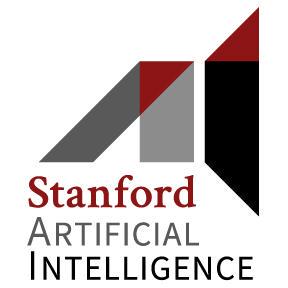Discover and explore top open-source AI tools and projects—updated daily.
Genesis by  Genesis-Embodied-AI
Genesis-Embodied-AI
Physics platform for robotics & embodied AI learning
Top 1.3% on SourcePulse
Genesis is a physics simulation platform designed for general-purpose robotics, embodied AI, and physical AI applications. It aims to lower the barrier to entry for robotics research by providing a user-friendly, high-fidelity simulation environment that automates data generation.
How It Works
Genesis is built upon a universal physics engine that integrates various physics solvers (MPM, SPH, FEM, PBD, Stable Fluid) into a unified framework. This core engine supports a wide range of material models and robot types, and is enhanced by a generative agent framework for automated data generation. The platform emphasizes speed, photo-realism via native ray-tracing, and differentiability across its solvers.
Quick Start & Requirements
- Install via pip:
pip install genesis-world(Python >= 3.10, < 3.13) or from source. - Requires PyTorch installation.
- Docker image available for GPU-accelerated ray-tracing.
- Documentation available in English, Chinese, and Japanese.
Highlighted Details
- Achieves over 43 million FPS on a single RTX 4090 for robotic arm simulation.
- Cross-platform support (Linux, macOS, Windows) with multiple compute backends (CPU, Nvidia/AMD GPUs, Apple Metal).
- Integrates diverse physics solvers and material models, including rigid bodies, liquids, gases, and deformable objects.
- Supports various robot formats (URDF, MJCF) and 3D model formats.
- Features native ray-tracing for photo-realistic rendering.
- Differentiability is supported for MPM and Tool solvers, with plans for others.
Maintenance & Community
- Active development with recent releases (v0.2.1 on Jan 8, 2025).
- Discord and WeChat groups available for community interaction.
- Open to community contributions via pull requests and bug reports.
Licensing & Compatibility
- Licensed under Apache 2.0.
- Compatible with commercial use and closed-source linking.
Limitations & Caveats
The generative framework is modular and being gradually rolled out; full access to generative features will be available in the near future. Differentiability for solvers other than MPM and Tool is planned for future versions.
1 day ago
1 day

 Songwxuan
Songwxuan robotology-legacy
robotology-legacy duburcqa
duburcqa mbodiai
mbodiai automaticdai
automaticdai YanjieZe
YanjieZe knmcguire
knmcguire Healthcare-Robotics
Healthcare-Robotics Auromix
Auromix curieuxjy
curieuxjy vikashplus
vikashplus StanfordVL
StanfordVL